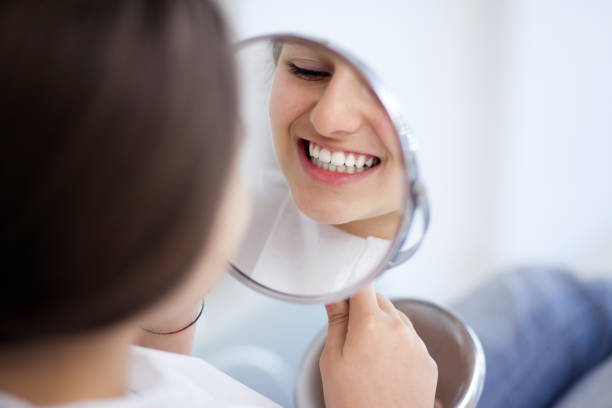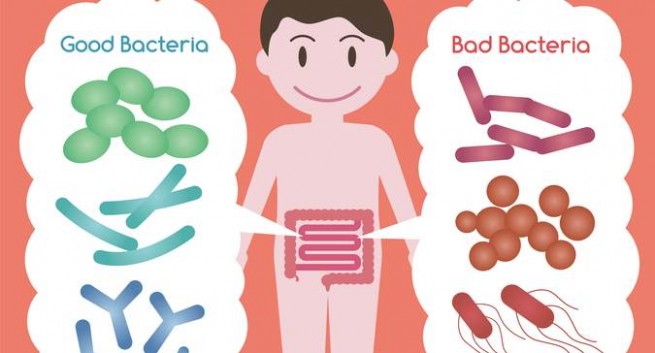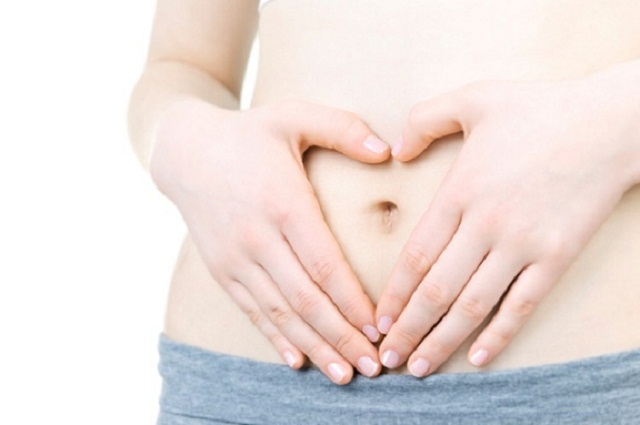Probiotics Benefits – Probiotics After Being Sick
According to many nutrition experts, probiotics are the key to a healthy gut, which in turn leads to a robust immune system.
Gut beneficial bacteria have more to do with health and keeping all systems running smoothly than you may realize.
When you are sick or feel under the weather, these microscopic pro-life organisms are affected adversely. Probiotics can help fine tune your gut when you are sick.
What are probiotics?
There are over 40 trillion microorganisms living in your body which is collectively referred to as the microbiome. Out of these around 400 species of bacteria along with other microbes reside in the gut.
This is incredible and shows you how vital our gut is to survival and a stellar quality of life.
Their numbers are more than the number of cells present in your entire body. While most bacteria are good or probiotic, there are a few harmful species present in the body as well.
A healthy balance among these microbes is critical to your overall health. Gut dysbiosis refers to a condition where the levels of harmful bacteria exceed the beneficial bacteria levels.
This can result in a series of health complications and issues, including constipation, diarrhea, bloating, gas, depression, and anxiety among others.
Probiotics are living microorganisms that have been found to provide numerous health benefits after extensive research. They help keep your digestive system running smoothly, which in turn protects you from digestive disorders and diseases.
They also help in better absorption of nutrients and line the intestinal walls to prevent leaky gut syndrome among other benefits.
How does gut balance influences immune health?
70 percent of your body’s immunity is present in the gut. These immune cells are influenced by the good bacteria to remain active. Probiotics constantly gently stimulate these immune cells to release antibodies to keep your body ready for infections.
Most people have a healthy immune system which is able to handle exposure to new additions in the gut, nose and lungs, via food and environment, such as food additives and pollen or pollution.
Without this exposure your body would elicit an inflammatory response every time you tried a new food or visited a new country with a different topography.
Gut microbiome maintains a healthy gut balance between reaction and tolerance by teaching the immune cells that everything is not bad. Gut beneficial bacteria also helps in reducing systemic inflammation, which is again the body’s immune reaction.
What happens to your gut when you fall sick?
When you fall sick, there is a severe imbalance in the gut microbiome. This is partly due to antibiotics (if you are taking any) and partly due to the decrease in blood supply to the digestive system. Your body uses all its energy to fight off the pathogen.
Antibiotics are indiscriminate in their killing spree. They cannot differentiate between the harmful pathogens they are meant to target and the beneficial bacteria meant to be left alone.
This results in whole colonies of probiotics getting wiped off. You can experience some serious side effects of antibiotics such as vomiting, diarrhea and nausea because of this.
You may even experience other symptoms while recovering from a sickness, including acid reflux, mal-absorption, irritable bowel syndrome, brain fog, depression, and acne among others. Conversationally, all these symptoms are indicative of gut dysbiosis.
How do probiotics help you recover after sickness?
Probiotics help replenish the colon with beneficial bacteria that was lost from sickness. They also help in a quick recovery by suppressing the harmful bug that made you fall sick in the first place.
Extensive gut microbiome analysis has helped understand the effects of sickness and medical intervention in shifting microbiome equilibrium. The good bacteria or probiotics are known to keep things in check and to prevent harmful pathogens from freely proliferating.
Your recovery depends upon how quickly your body begins to function normally. Probiotics help towards a quick recovery by regaining gut balance, which in turn enhances the immune system and aids your overall health. Probiotics also aid in better digestion and absorption of nutrients.
How do probiotics prevent illness?
Your body is in a weak state when it is recuperating. The beneficial bacteria that lined the gut walls are no longer there. This allows harmful pathogens to take over which can make you relapse or fall sick again.
Probiotics prevent a second sickness by quickly colonizing the gut and crowding out the non beneficial bacteria. A study on the effects of Lactobacillus gasseri, Bifidobacterium longum and B. Bifidum found that it significantly lessened symptoms and duration of colds.
Another study on the effects of L. casei found it to boost T-cell production. This is the immune system’s specific, targeted line of defense. Many scientists also believe that probiotics are the body’s first line of defense in preventing harmful pathogens from growing and being absorbed in the bloodstream.
Which probiotic strains boost immunity?
All probiotics are not equal and different strains have very different effects on the body. There are certain probiotic strains that have been researched and proven to help boost immune system and flora health.
1. Lactobacillus paracasei
A study published in the British Journal of Nutrition found Lactobacillus paracasei to have significant benefits towards boosting immune and flora health.
2. Lactobacillus rhamnosus GG
L. rhamnosus GG is among the most widely studied probiotics and has been shown to affect immune health. A study found that incidence of developing atopic dermatitis was greatly decreased in infants when they were given this probiotic strain immediately before and after birth.
According to the Journal of Microbial Cell Factories, research continues on the effects of this strain on immune health.
3. Lactobacillus acidophilus
Early studies have found this probiotic strain to significantly affect immune response to allergens and vaccines. However, these are initial findings and more research is required though.
4. Bifidobacterium animalis
A sub-species of B. animalis was determined to increase cellular immune responses as per a study published in the European Journal of Clinical Nutrition. The American Journal of Clinical Nutrition reported that other sub-species of this probiotic are also shown to be effective in increasing immune health.
Final Thoughts
Probiotics can benefit your bacterial flora health and overall health in a number of ways. They are essential to a multitude of body functions and aid in quick recovery after a bout of illness.
However, probiotics are essentially bacteria and people with a suppressed immune system must speak to their medical practitioner before taking supplements.




